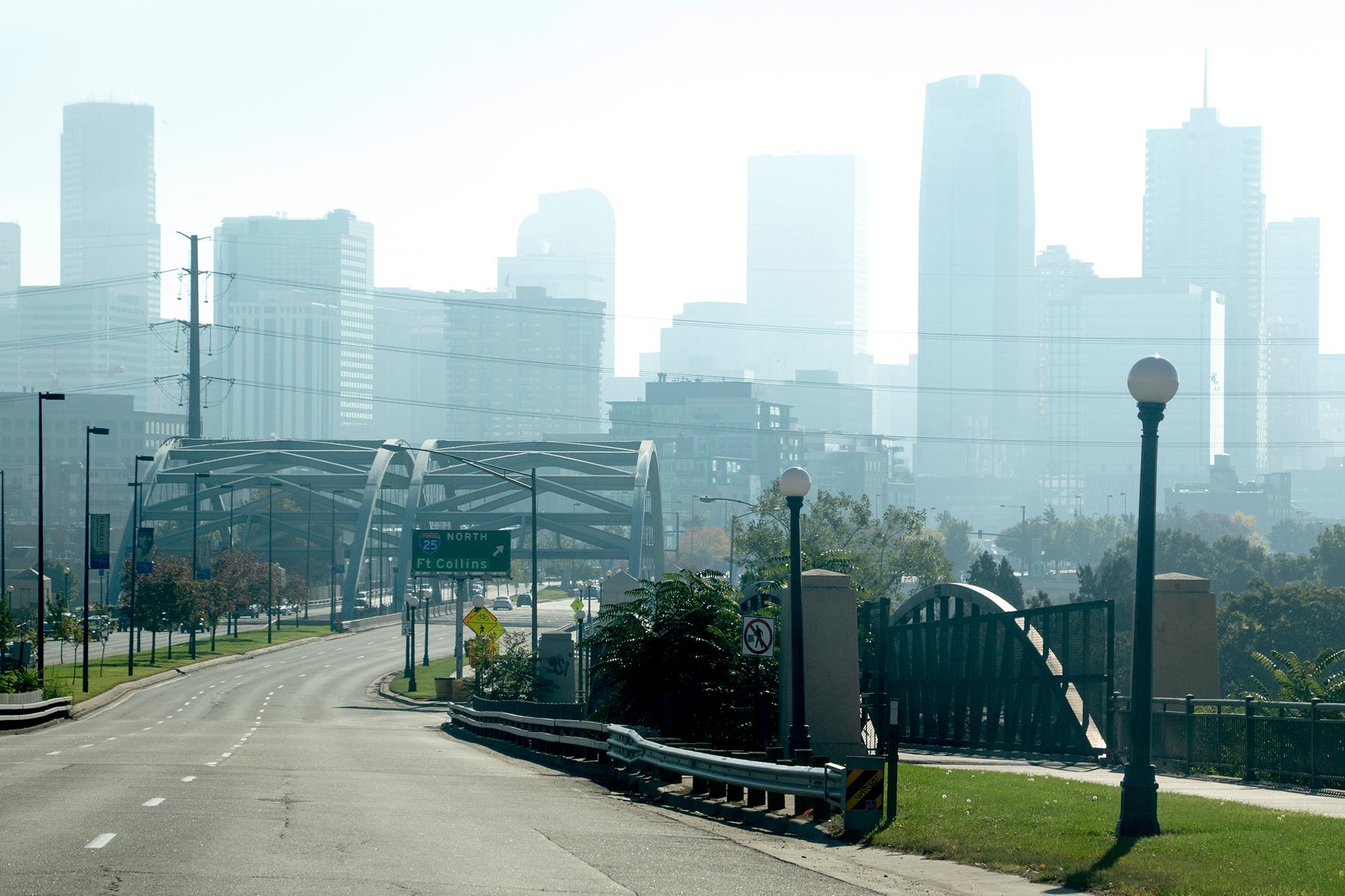On Monday, City Council President Jolon Clark and six of his colleagues ditched their bid -- for now -- to tax commercial and industrial property owners on energy derived from fossil fuels, effectively killing the initiative's chances to make the November ballot.
The change of heart comes after Mayor Michael Hancock and the City Council announced a compromise bill that would create an Office of Climate Action, Sustainability and Resilience. It also promises an additional $8 million toward greenhouse gas reduction in they mayor's 2020 budget.
Hancock did not support the carbon tax bill, which would have required voter approval in November. The initiative had support from the majority of City Council members, but Hancock could have vetoed the bill if it passed Monday night.
Instead, the Council voted 11 to 2 to delay the vote. Council members Candi CdeBaca and Amanda Sawyer dissented. Members can revive the measure for future elections, so it's sort of an ace in their back pocket.
The tax initiative divided the Council. The process was hasty, and some members said they weren't included with enough time. Plus the bill did not address transportation, the second-largest contributor to greenhouse gas emissions. Nor did it address pollution from single-family homes.
The tax nonetheless gave legislators leverage with the mayor's office, who Clark said had not budged before the push from him and his colleagues.
"The mayor's office had not offered any of that before, when I had had talks with them about a plan that had looked a lot like this, and there was still no new office, no commitment for money in the 2020 budget," Clark said.
In a statement Hancock said Denver "must move even more aggressively" to curb greenhouse gases and that he stands with the City Council.
City Councilwoman Robin Kniech challenged Clark to engage his colleagues earlier, instead of "plopping" a bill in front of them so close to the deadline to file a ballot measure.
Council members Stacie Gilmore, Amanda Sandoval, Amanda Sawyer, Paul Kashmann, Candi CdeBaca and Chris Hinds co-sponsored the initiative with Clark.
Denver's climate change office will report directly to the mayor.
It will be up and running by July 2020, according to a statement from Hancock's camp. That's a win for the Council, which had planned to create an office to address climate change with the tax revenue.
The tax would have raised $43 million per year, according to the initial bill. A revised version stated it would raise about $30 million.
Denver's Office of Sustainability currently consists of three employees and will spend about $370,000 this year, according to the city budget. Another bureaucratic arm, Denver's Environmental Quality Division, is staffed with 55 people and will spend about $16 million this year.
A similar grassroots measure still has legs.
The group that began the Denver carbon tax conversation says it has enough valid signatures to get a a similar ballot initiative on the ballot in November 2020.
Resilient Denver pushed for the City Council measure after they failed to get enough valid signatures for this year's ballot.
"We see a great opportunity to find an equitable path towards eliminating greenhouse gas emissions while preparing Denver and its vulnerable populations for the negative externalities associated with climate change," the group said in a statement.
Clark thanked them Monday.
"Honestly they've been pushing the city and pushing all of us to do more and really put our money and our efforts where our mouth is," he said.












